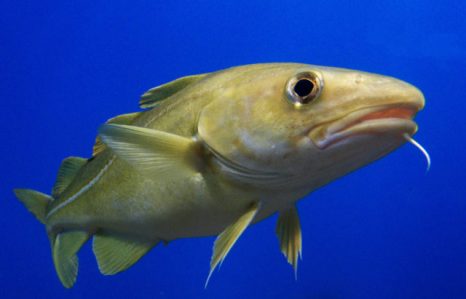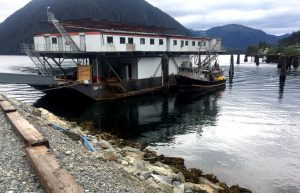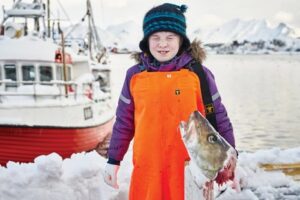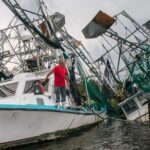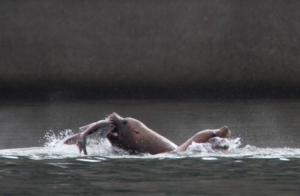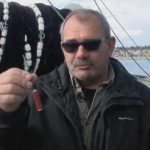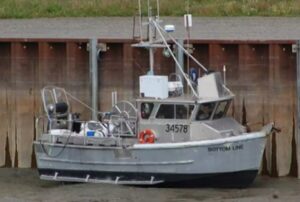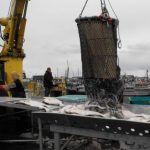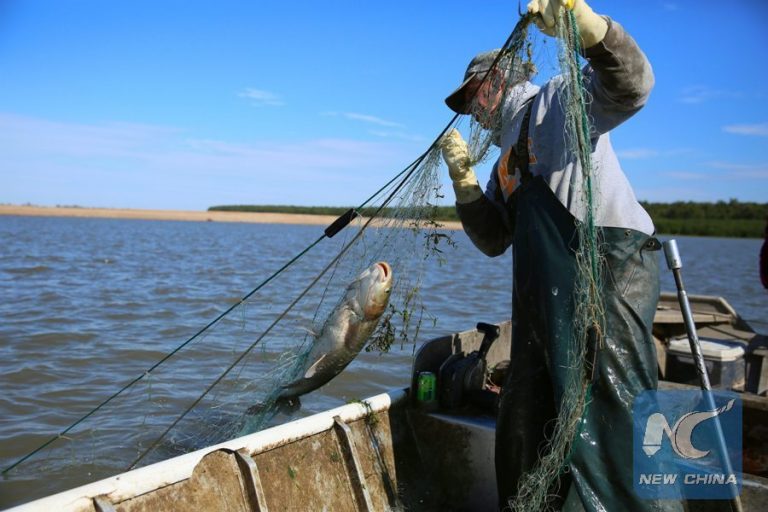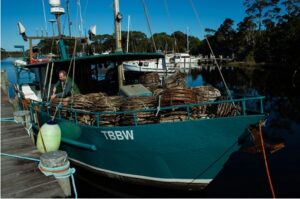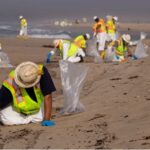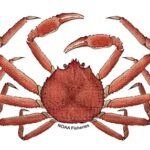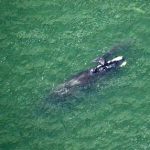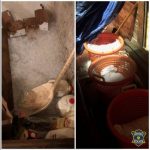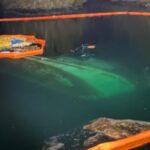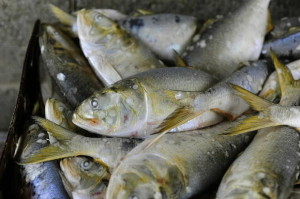Daily Archives: July 2, 2017
Fish becoming transgender from contraceptive pill, chemicals being flushed down household drains
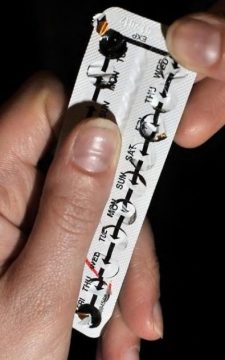 A fifth of male fish are now transgender because of chemicals from the contraceptive pill being flushed down household drains, a study by has suggested. Male river fish are displaying feminised traits and even producing eggs, the study found. The chemicals causing these effects include ingredients in the contraceptive pill, by-products of cleaning agents, plastics and cosmetics, according to the findings. More than 200 chemicals from sewage plants have been identified with oestrogen-like effects and drugs such as antidepressants are also altering fish’s natural behaviour, his study found. “Other research has shown that many other chemicals that are discharged through sewage treatment works can affect fish, including antidepressant drugs that reduce the natural shyness of some fish species, including the way they react to predators,” Professor Tyler said. click here to read the story 19:55
A fifth of male fish are now transgender because of chemicals from the contraceptive pill being flushed down household drains, a study by has suggested. Male river fish are displaying feminised traits and even producing eggs, the study found. The chemicals causing these effects include ingredients in the contraceptive pill, by-products of cleaning agents, plastics and cosmetics, according to the findings. More than 200 chemicals from sewage plants have been identified with oestrogen-like effects and drugs such as antidepressants are also altering fish’s natural behaviour, his study found. “Other research has shown that many other chemicals that are discharged through sewage treatment works can affect fish, including antidepressant drugs that reduce the natural shyness of some fish species, including the way they react to predators,” Professor Tyler said. click here to read the story 19:55
Fishermen Suspect Tory Brexit Pledge Masks Betrayal on £6.3bn Fishing Zone
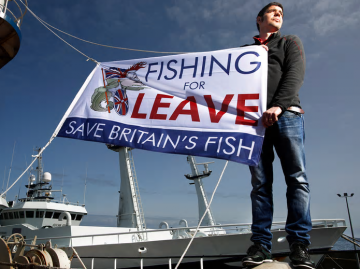 The Government has committed to scrapping the Fisheries Convention of 1964, allowing Britain to take back control of its territorial waters from the EU out to twelve miles. But a Fishing for Leave spokesman told Breitbart London fishermen are concerned that failure to commit to reclaiming the country’s full, 200-mile Exclusive Economic Zone (EEZ) signals an impending betrayal. Designed to pave the way for Britain’s absorption into the European Economic Community, as the European Union was then known, the London Convention gave foreign fishing boats the right to take fish from Britain’s territorial waters between six and 12 miles from the coastline. video, click here to read the story 16:19
The Government has committed to scrapping the Fisheries Convention of 1964, allowing Britain to take back control of its territorial waters from the EU out to twelve miles. But a Fishing for Leave spokesman told Breitbart London fishermen are concerned that failure to commit to reclaiming the country’s full, 200-mile Exclusive Economic Zone (EEZ) signals an impending betrayal. Designed to pave the way for Britain’s absorption into the European Economic Community, as the European Union was then known, the London Convention gave foreign fishing boats the right to take fish from Britain’s territorial waters between six and 12 miles from the coastline. video, click here to read the story 16:19
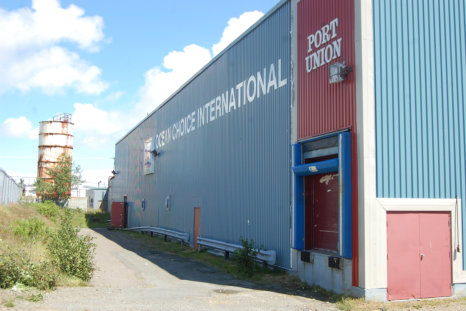
‘This place was cod’
If you took a drive through Port Union in the 1980s, you would have had to slow down driving past the fish plant. In those days, over 1000 people worked at the plant — then owned by Fishery Products International (FPI) — and vehicles filled the plant parking lot and lined both sides of the road. With three shifts, working day and night, the plant was operating 24 hours a day, seven days a week, processing cod fish landed by the FPI offshore trawlers. Back then the plant was operating almost 52 weeks of the year, with a 10-day shutdown during Christmas when the trawlers came in for the holidays. An estimated 1,400 workers in that area alone were directly affected by the closure of the cod fishery in 1992. Darryl Johnson was one of them. click here to read the story 12:03
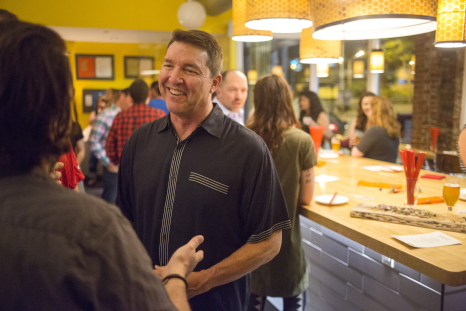
The Maine Lobster Marketing Collaborative – Lobster marketing campaign draws criticism, converts
The collaborative has always been a controversial topic in lobster fishing circles. Other regional foods have promotional boards with far bigger budgets – California avocado, Georgia peaches, California almonds – and some fishermen say it’s long past time that Maine got serious about promoting its signature food. Others resent paying higher fishing license fees to underwrite the collaborative’s $2.2 million budget. click here to read the story 10:35






